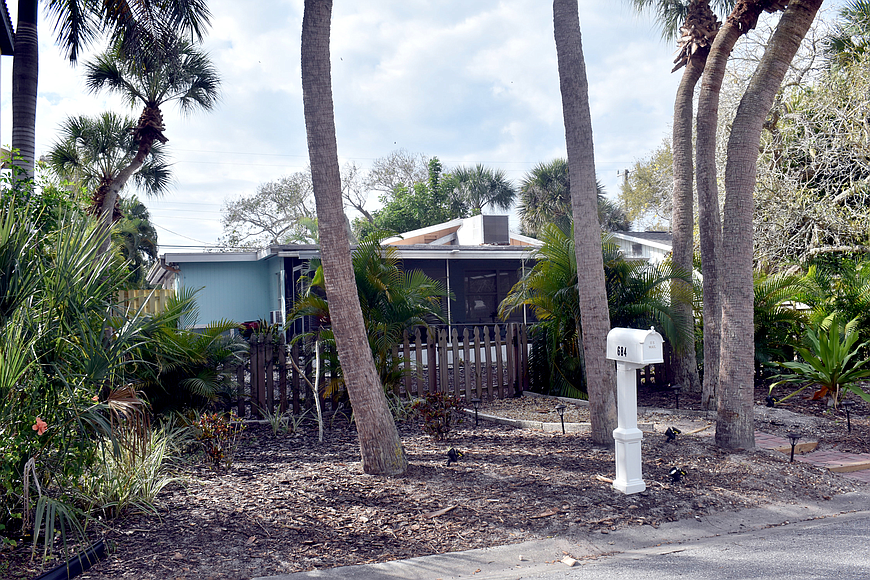- May 10, 2025
-
-
Loading

Loading

County commissioners hope to tweak ordinances to better fit the current short-term rental climate, updating regulations established well before such sites as VRBO and Airbnb were popular.
Following discussion led by Nancy Detert, commissioners asked the county attorneys to review potential changes to zoning and land-use regulations that would make it more difficult for homeowners to rent their properties to vacationers.
Detert raised the issue because of several bills in Tallahassee that would seek to take away local control when it comes to short-term rentals. She said that although the county has an ordinance already in place, it could be vulnerable in the future.
Detert said the original ordinance, which was written in 2011, has a different definition of short-term rental than what is used today.
“If you harken back a decade and think of what our definition of short-term rentals was, it was 30 days instead of six months or a year,” she said. “Now we’re talking, ‘Should it be one day, two days, three days’.”
Detert pointed to now-popular rental sites that allow vacationers to avoid traditional hotels or vacation rentals by staying in a property owner’s home for several days. She said she would like to avoid a future where the barrier islands are primarily used for short-term rentals instead of permanent residents.
“We welcome tourism, we welcome new residents, but I still would like to recognize the place in a couple of years and not just have 30 people in a house with 18 cars in the driveway,” Detert said.
Chair Alan Maio was quick to support the need for an ordinance update, particularly to protect the nature of the barrier islands.
He said he’s heard from many homeowners who live next to properties listed on the short-term sites who have complained about noise, garbage and parking as a result of the rentals.
“I am absolutely frightened to death that some group of folks in Tallahassee is going to vote to amend these and say we can’t regulate anything,” Maio said. “There will be absolute havoc on Siesta.”
Detert said that because the world of short-term rentals has changed so drastically since 2011, the county might not be as protected as it could be. She said potential tweaks to the legislation could include language addressing the three major complaints: parking, noise and garbage.
However, county staff in the past has warned commissioners that any modifications to the 2011 ordinance could make it more likely that any bill approved by state legislature could void local controls.
If the county regulations remain as they were written in 2011, there is a greater chance the ordinance would be grandfathered in by any new state law.
Key to similar legislation that has been raised in years past has been a grandfathering date, though those measures have never passed the full Legislature.
County Administrator Jonathan Lewis said that staff’s key concern is what changes the board can make without risking the loss of protections homeowners have under the current ordinance. Instead of changing the ordinance, Lewis said one approach would be adding overlay districts in popular short-term rental areas.
Detert made a motion for the attorney’s office to research potential code changes, which was approved unanimously.